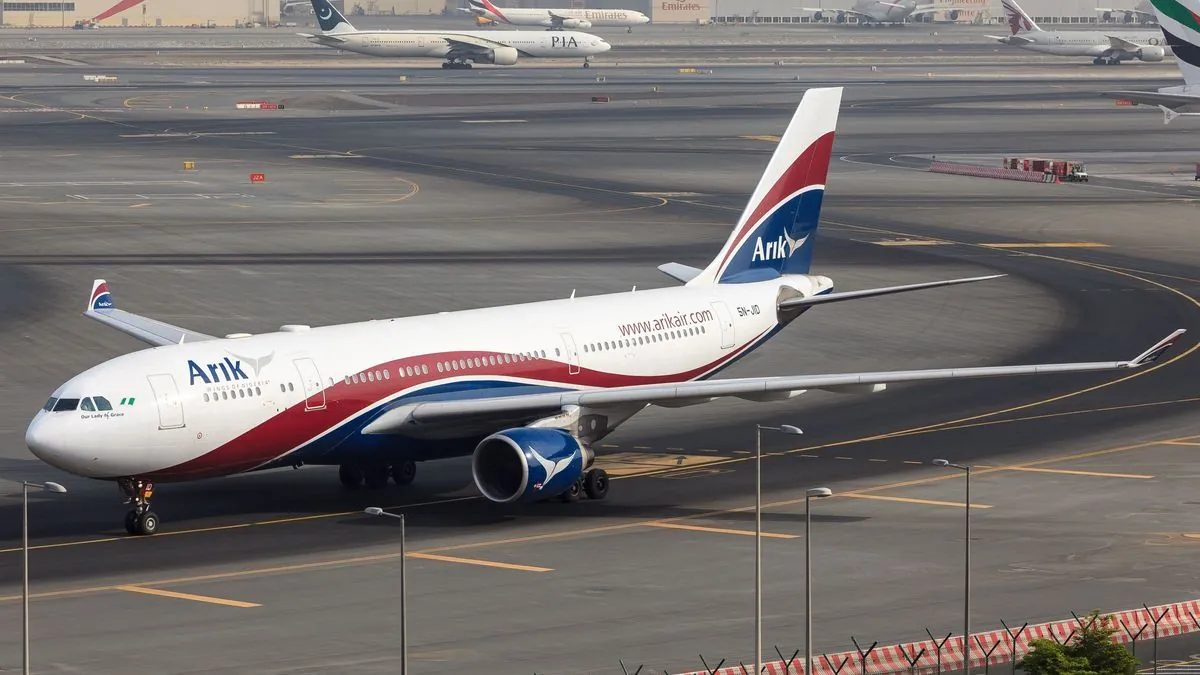In a recent development, Zhongshan Fucheng Industrial Investment Co. Ltd. has released a Nigerian government-owned Airbus A330 that was seized by a French court. This action comes as a "gesture of goodwill" to facilitate discussions between the parties involved in an ongoing legal dispute.
The conflict originates from a 2007 agreement between Zhongshan and Nigeria's Ogun State to establish a free trade zone. This contract was terminated in 2015, with the Nigerian government claiming that Zhongshan had only managed to erect a perimeter fence on the designated land.
Zhongshan stated that it has "consistently sought to act reasonably and fairly" in this legal disagreement. The company expressed its commitment to engaging in "serious and substantive" negotiations with representatives of the Federal Government of Nigeria, aiming for a "reasonable compromise settlement" to be reached swiftly.
The dispute has escalated to international courts, with Zhongshan securing two orders from a French court in March and August 2024 to seize Nigerian assets. These orders followed an arbitration award exceeding $60 million in favor of the Chinese firm.
"Zhongshan is mounting a campaign to seize our assets overseas, including presidential jets undergoing maintenance in France, due to this dispute."
This situation highlights the complexities of international business agreements and the potential consequences when such deals go awry. It also underscores the importance of diplomatic relations in resolving cross-border commercial disputes.
The release of the presidential aircraft is a significant move, considering the importance of such assets to national governments. Presidential aircraft are often equipped with advanced communication systems and defensive capabilities, making them crucial for state operations.
This case also brings attention to Nigeria's efforts to diversify its economy and attract foreign investment. As Africa's most populous nation with over 200 million inhabitants, Nigeria has been working to improve its business environment and reduce dependence on oil revenues.
The ongoing dispute between Zhongshan and Nigeria serves as a reminder of the challenges faced in international development projects and the need for clear contractual terms and dispute resolution mechanisms. As both parties move towards negotiations, the outcome of this case could have implications for future foreign investments in Nigeria and other developing nations.
